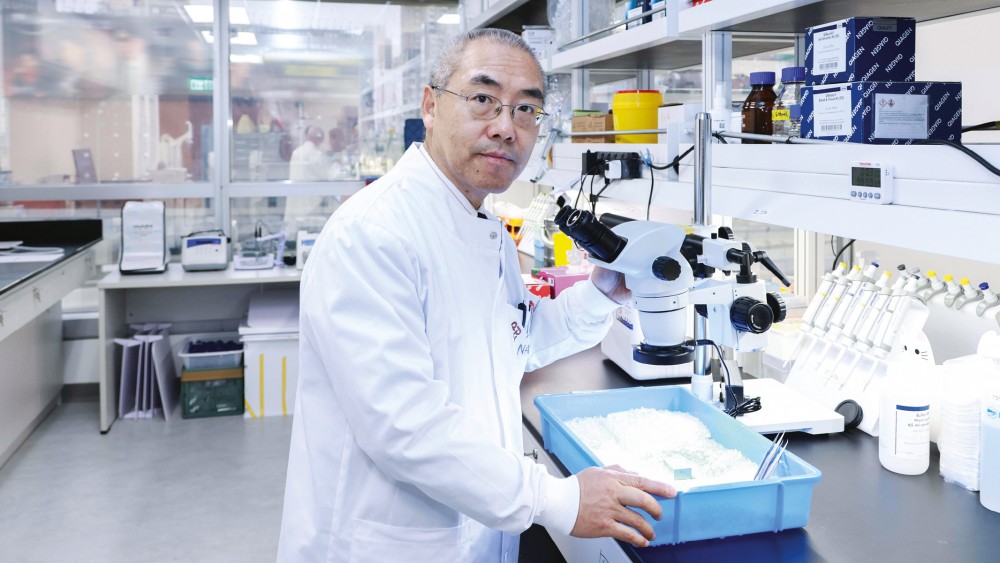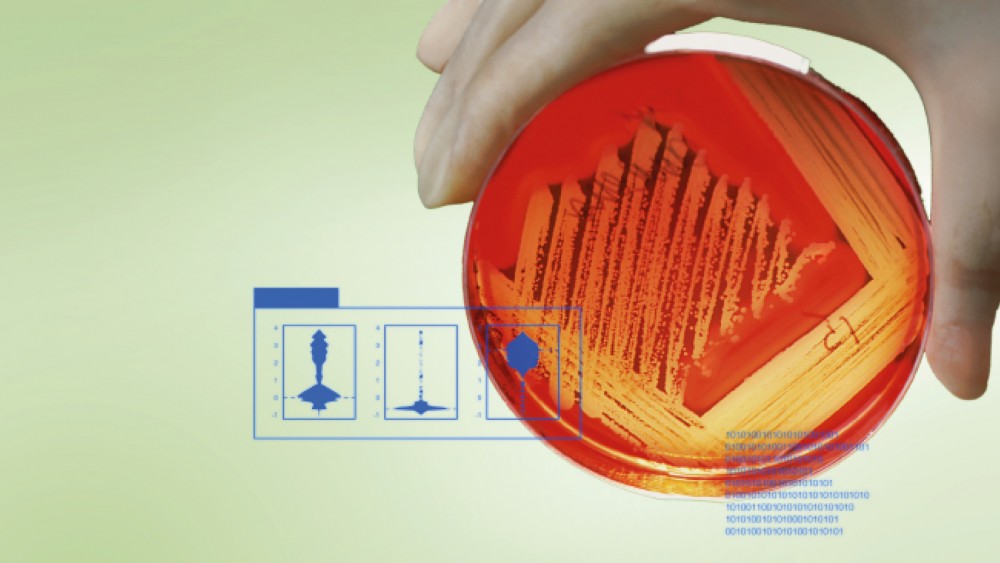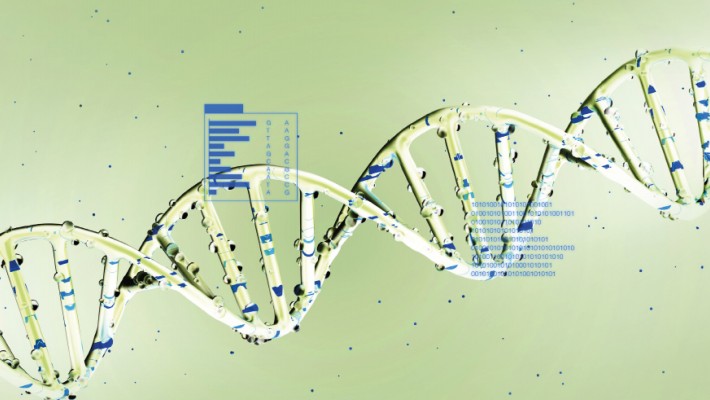Cracking the Code of Complex Diseases
When medical problems become the target of a computer scientist’s long-term aspirations and ambitions
The medical field swiftly addressed the global COVID-19 pandemic. But tackling “complex diseases” like Alzheimer’s, cancer, and various autoimmune and mental disorders that impact millions globally presents greater challenges. These conditions arise from genetic, environmental, and lifestyle factors, many of which remain poorly understood. Additionally, researchers have faced significant limitations in terms of the tools available. At PolyU, Global STEM Scholar Professor Zhang Weixiong believes the solution to many intractable illnesses lies in turning multifaceted medical problems into computer science challenges.
| |
Professor Zhang Weixiong | |
| • | Chair Professor of Systems Biology and Artificial Intelligence, Department of Health Technology and Informatics |
| • | Associate Director of the PolyU Academy for Interdisciplinary Research |
| • | HK Global STEM Scholar, Director of JC STEM Lab of Genomics in Healthcare |
Professor Zhang joined PolyU at the end of 2021 under the HKSAR’s Global STEM Professorship Scheme, after spending more than 20 years at Washington University in St. Louis in the United States. Bringing decades of US-born dreams to PolyU, he assumed the role of Chair Professor of Systems Biology and Artificial Intelligence at the Department of Health Technology and Informatics, and leads a 20-strong research team harnessing artificial intelligence (AI) technologies to decode the myriad genetic and biological systems that underlie human disorders.
Driving opportunities in interdisciplinary research
More recently he took on an additional role as Associate Director of the PolyU Academy for Interdisciplinary Research. He regards this new chapter at PolyU as an opportunity to do something he has long dreamed of – turning inspired innovations into practical clinical applications.
“Before, my research work was strongly focused on the computational side. I never got the chance to get my feet wet in real biology research as I did not have my own molecular biology laboratory for bench work,” he stated.
With resources provided by PolyU, and additional support from the Hong Kong Jockey Club and the Hong Kong Global STEM Professorship, the professor has now set up an integrated interdisciplinary Genomics and AI research laboratory.
The HKSAR Government established the Global STEM Professorship Scheme in 2021 to attract top-notch scholars in Science, Technology, Engineering, and Mathematics from around the world to Hong Kong.
The facility is one of eight new Jockey Club STEM Labs which PolyU has established to attract and support distinguished scholars and advance research in key fields to benefit the world. Funded through a generous HK$74 million donation from the Hong Kong Jockey Club Charities Trust, the STEM labs focus on machine learning and computer vision, healthy built environment, innovative light therapy for eye diseases, quantum technology, 2D quantum materials, earth observations, digital oncology care enhancement and genomics in healthcare.

Professor Zhang at work in his state-of-the-art JC STEM Lab of Genomics in Healthcare
Managing the mental health crisis
Professor Zhang is currently engaged in a research project that aims to improve diagnosis and treatment options for major psychiatric disorders (MPDs). The initiative has secured an impressive HK37 million plus in funding from the Research Grants Council, marking it as the top award in the 2023/24 cycle of Strategic Topics Grants, and rightly so. In Hong Kong, the rate of MPDs such as depression, schizophrenia, and bipolar disorder stands at a concerning 13.3%. Presently, fewer than 40% of patients manage to attain full symptom control following their initial treatment.
“Psychiatric disorders like depression and schizophrenia, for example, are complex diseases. The diagnoses are based on clinicians’ judgements of the patients’ symptoms, including mood, social interaction, behaviours and other self-descriptive information that may be signs of hallucination or self-harming thoughts. The judgement and reporting can be subjective. This can make diagnosis very difficult and inaccurate,” said Professor Zhang.
“Instead of looking at and focusing on symptom, there is a need for objective tools, like a lab test when we have the flu. In the case of psychiatric disorders such as depression, I want to develop tools that resemble blood tests or brain imaging to find some biomarkers that are indicative of depression development,” he explained.
Global clinical and commercial potential
The PolyU programme plans to shift the paradigm away from symptom-based diagnosis, and towards AI-based data-driven diagnosis and a personalised approach to therapy. By integrating AI, genomics and biomedical technologies, Professor Zhang hopes to create an explainable AI-enabled treatment planning system that can support reliable diagnosis and guide personalised, repetitive transcranial magnetic stimulation therapy (rTMS).
The broad scope of the project includes picking out patterns in huge volumes of DNA data and brain imagery. The results will help clinicians perform more accurate diagnoses. On the therapy front, the team is working on an AI-based system that can generate recommendations for personalised rTMS therapy.
The project involves 20 investigators and collaborators from eight institutions in Hong Kong, Mainland China, and the United States. They will run clinical trials in collaboration with local and Mainland hospitals.

While the new system has strong commercial and clinical potential that could transform mental healthcare in Hong Kong and beyond, Professor Zhang is adamant that this kind of AI system will not and should not replace human doctors.
“The system we are trying to build basically looks at brain images, picks up the subtle differences that doctors may miss or overlook, and circles the particular brain regions that require doctor’s special attention,” he said.
“In my view, AI plays a fundamental role in research. Almost all fields of research involve collecting data, and conducting research really boils down to data science – how we analyse data and unveil the real story underneath,” he concluded.







